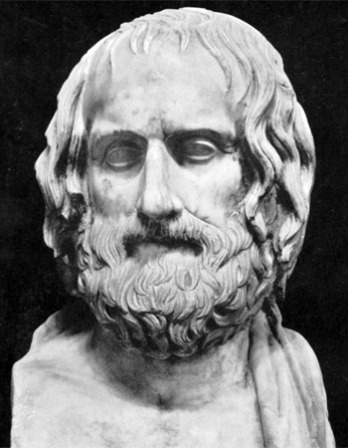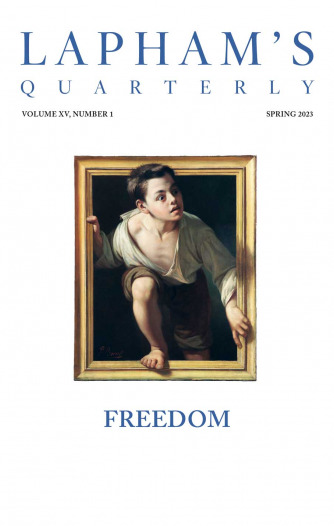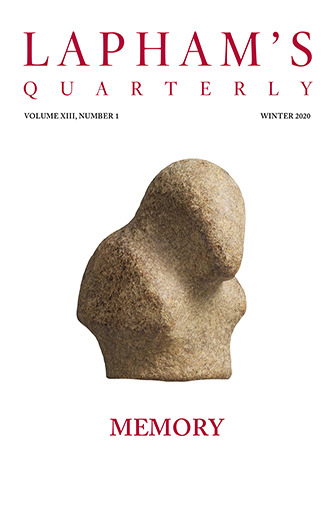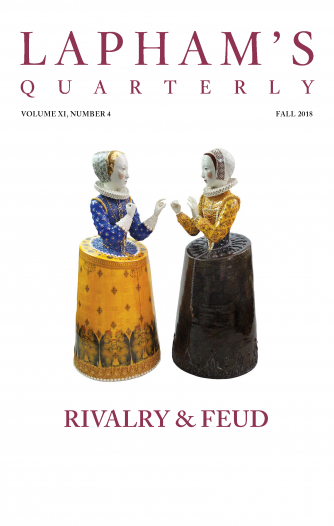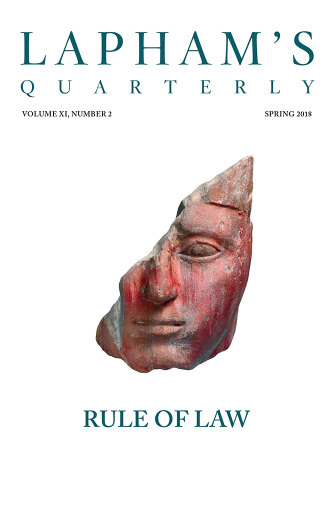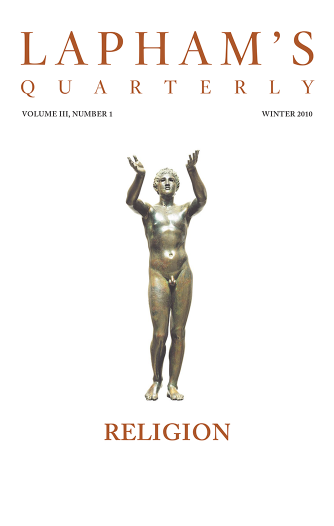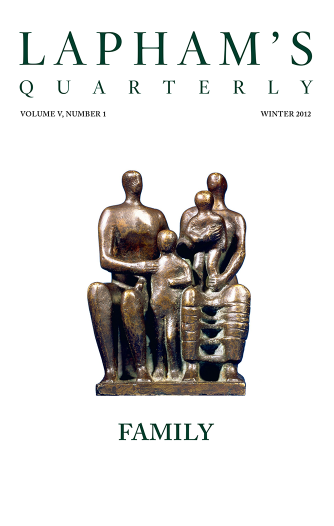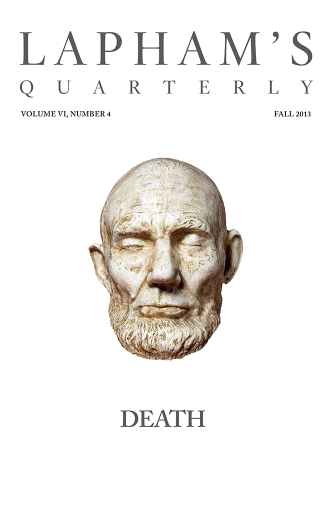
Euripides
(c. 484 BC - c. 406 BC)
The last great classical tragedian after Aeschylus and Sophocles, Euripides is known to have written ninety-two plays; nineteen are extant. He won the first of his four victories at the dramatic festival known as the Great Dionysia in 441 bc; the fourth victory, awarded after his death in 406 bc, was for a tetralogy that included Iphigenia in Aulis. According to the biographer Plutarch, some Athenian prisoners held in the Syracusan quarries after the Sicilian expedition of 415 bc were given their freedom if they could recite passages from Euripides.
